Should women do fasting diets?
The Complex Relationship Between Fasting and Women's Health
Fasting has gained significant popularity as a means to achieve various health benefits, including weight loss, improved metabolic health, and enhanced longevity. However, when it comes to women's health, the effects of fasting can be quite different from those experienced by men. Understanding these differences is crucial for making informed decisions about dietary practices.
Hormonal Balance and Fasting
Women's bodies are hormonally complex, and fasting can disrupt this delicate balance. The female endocrine system, responsible for regulating hormones such as oestrogen and progesterone, can be sensitive to changes in diet and fasting patterns. For instance, fasting can lead to:
Irregular Menstrual Cycles: Prolonged fasting can cause a reduction in the production of gonadotropin-releasing hormone (GnRH), which is crucial for the menstrual cycle. This can result in irregular periods or amenorrhea (the absence of menstruation).
Thyroid Function: The thyroid gland, which regulates metabolism, can also be affected. Fasting may lead to decreased production of thyroid hormones, potentially causing symptoms of hypothyroidism, such as fatigue, weight gain, and depression.
Metabolic Differences
Women and men metabolize nutrients differently, and these differences can impact how fasting affects the body:
Blood Sugar Levels: Women may experience more pronounced fluctuations in blood sugar levels during fasting periods. These fluctuations can lead to increased cravings, mood swings, and decreased cognitive function.
Fat Storage: Evolutionarily, women’s bodies are designed to store fat more efficiently than men’s, primarily to support pregnancy and breastfeeding. Fasting can signal to the body that it is in a state of scarcity, potentially leading to increased fat storage when normal eating resumes.
Impact on Mental Health
The relationship between diet and mental health is well-established. For women, fasting can have negative psychological effects:
Increased Stress Levels: Fasting can elevate cortisol levels, the body’s primary stress hormone. Elevated cortisol can lead to anxiety, mood swings, and impaired cognitive function.
Disordered Eating Patterns: For some women, fasting can trigger or exacerbate disordered eating behaviours. The restrictive nature of fasting can lead to a cycle of bingeing and dieting, negatively impacting mental health and self-esteem.
Reproductive Health Concerns
Reproductive health is a significant aspect of overall well-being for many women. Fasting can adversely affect reproductive health in several ways:
Fertility: Chronic caloric restriction and fasting can lead to a decrease in the hormone leptin, which plays a role in regulating reproductive function. Low leptin levels can signal to the body that it is not an optimal time for reproduction, potentially reducing fertility.
Pregnancy and Breastfeeding: Women who are pregnant or breastfeeding have increased nutritional needs. Fasting during these periods can deprive both the mother and the baby of essential nutrients, potentially impacting development and health.
Alternative Approaches
While fasting may not be suitable for all women, there are alternative dietary approaches that can promote health without the potential drawbacks:
Balanced Diet: Focus on a balanced diet rich in whole foods, including fruits, vegetables, lean proteins, and healthy fats. This approach supports hormonal balance and provides sustained energy.
Mindful Eating: Practice mindful eating to tune into hunger and fullness cues, which can help prevent overeating and promote a healthy relationship with food.
Regular Meals: Eating regular, well-balanced meals can help maintain stable blood sugar levels, reduce cravings, and support overall metabolic health.
Cycle-Synced Fasting: Consider fasting at different times in the menstrual cycle. For instance, some women may find it easier to fast during the follicular phase (the first half of the cycle) when energy levels and insulin sensitivity are higher. In contrast, fasting might be more challenging during the luteal phase (the second half of the cycle) when the body requires more energy and is more insulin-resistant. Listening to your body and adjusting fasting practices accordingly can help mitigate potential negative effects.
While fasting can offer benefits for some individuals, it’s essential to consider the unique physiological and hormonal needs of women. Disrupting hormonal balance, impacting metabolic health, and affecting mental and reproductive health are significant concerns that highlight why fasting may not be beneficial for women. Instead, adopting a balanced, mindful approach to nutrition can support long-term health and wellbeing. Always consult with a healthcare professional or nutritional therapist before making significant changes to your diet, especially if you have underlying health conditions or specific health goals.
If you would like a more personalised plan to help you reach your goals, book your free consultation here!



